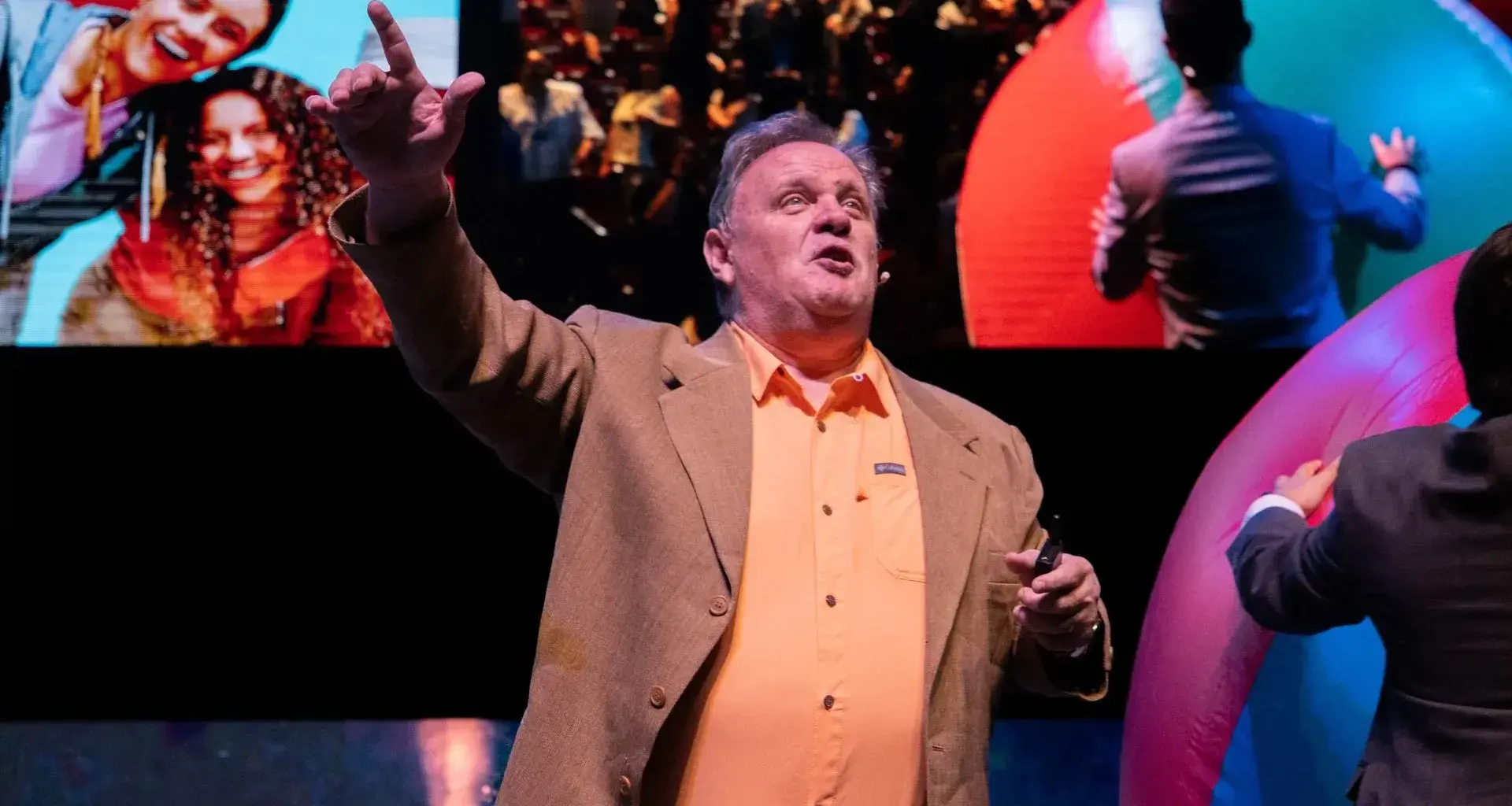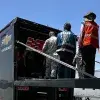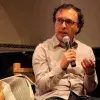Enrique Margery Bertoglia, Doctor of Education and Director at The Open Institute stated that cross-disciplinary skills are key to training students in a lecture during the 2024 National Teachers’ Meeting (RNP for its Spanish acronym).
The speaker presented the term ‘cross-disciplinarity,’ which is about students learning through the integration of different disciplines, perspectives, and skills.
“As professors, you are the starting point for the cross-disciplinary skills your students develop, and that implies responsibility,” the speaker said.
“We are what we teach. If I show innovation skills, the student will learn those skills, and the same goes for teamwork, critical thinking, and the other life skills they will need to have,” he added.

The evolution of educational models: collaborative and cross-disciplinary
The panelist encouraged professors to view the classroom as a laboratory in which experimentation and data collection emerge from new approaches, perspectives, and knowledge.
“It’s important to connect, share, and analyze this variety of perspectives as a group. Teaching is collaborative; if I don’t have the solution, a colleague will surely have it from their own experience and knowledge,” he said.
This same vision is described by Enrique in his publication “Complexity, Cross-disciplinarity, and Skills,” where he sees it as an evolution of previous educational models that featured multi-, poly- and interdisciplinarity.
Although the first two include different disciplines and focus on the same objective or project, he stresses that they act separately or individually, merely supporting their area of knowledge.
Although interdisciplinarity already includes a framework in which the areas of knowledge interact with each other collaboratively, each person continues with the skills they already know.
“But what happens when we have colleagues in other areas that we are also competent in, is it about not only collaborating but also enriching each other? This is where cross-disciplinary and transdisciplinary skills emerge.
“The key to the collaborative work we are aiming for is based on trust, trust in our colleagues and their skills, transparency, and accountability,” he said.

Identify your role and complement your skills with those of other professors
The speaker said that collaborating and working together is essential for building skills that enrich and complement each other.
Using this framework, the professor said it is possible to identify four core archetypes within a team, a task that helps to find a balance of human and technical skills that impact students.
“In a team, we have action, collaborative, visionary, and regulatory roles. It’s true that we all have a bit of each role but when it comes to working in a team, we will inevitably fall into one of these archetypes more noticeably,” he pointed out.
- The first role is characterized by the desire to carry out specific actions within a project; regulation or group harmony are not important concerns as this role aims at tangible results after having completed a task.
- The second role, on the other hand, focuses on group harmony; knowing that all voices have been heard and that there is a collaborative attitude is the most important part of the process.
- The visionary is driven by the possibilities and different aspects that may exist in a project; frequently asking what can be done differently and considering the options are the driving forces of this role.
- Finally, the regulatory role prioritizes organization above all else; organizing people and creating an action plan complete with rubrics, deliverables, deadlines, and more. These are the tasks these types of people within the group usually work on.

Cross-disciplinary skills need to be developed
In closing, Margery highlighted that cross-disciplinary skills are not something you already have, but precisely what you need to develop.
Action, learning and the skills of each student and professor are the bases that allow us to tackle the educational challenges that constantly demand a more complete preparation of future students.
“Generating new skills and implementing new educational models cannot be achieved if there is no accountability in between that commits us to work collaboratively and follow up.
“It’s not just about what works or doesn’t work in my classroom but sharing that information with our colleagues. A pedagogical model with cross-disciplinary skills fosters collaboration as one,” he added.
The panelist encouraged professors to work mutually with colleagues outside their fields to create new skills collaboratively to be passed on to students.
YOU MAY ALSO BE INTERESTED IN:





